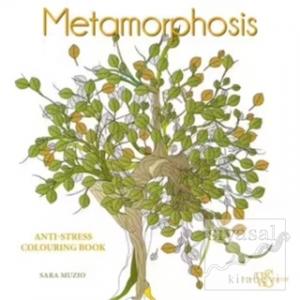
The challenge of educating a child is as important as it is complex. Today, there are innumerable types of stimuli and tools of all sorts to help children experiment and develop their cognitive skills. But what is the right process and which are the tools that most effectively favour that
development? Which method of education is the most fruitful for a child?
Maria Montessori formulated her method of education based on the significance of a child's education and its invaluable importance for society as the opportunity to reconstruct a better, more peaceful world. Children have boundless cognitive and emotional potential that can best
be expressed in a relationship of trust, respect and unconditional love.
According to Montessori, mindful adults who know their own limits and resources know how to interact with their children as patient observers, expert models and affectionate guides to create an environment where children can develop a sense of security, self-sufficiency and independence. This book is a practical guide inspired by the principles of the Montessori Method of education.
The book begins with an introduction about the origins and characteristics of the Montessori Method that will help parents to recognize their children's windows of learning, how to behave during shared play, which recreational activities to create and suggest, and how to prepare a home environment that suits their children's needs. Readers will find concrete examples, illustrative images, suggestions and strategies for applying the Montessori Method at home as a part of a daily routine that help to make the method simple and accessible to everyone.
The challenge of educating a child is as important as it is complex. Today, there are innumerable types of stimuli and tools of all sorts to help children experiment and develop their cognitive skills. But what is the right process and which are the tools that most effectively favour that
development? Which method of education is the most fruitful for a child?
Maria Montessori formulated her method of education based on the significance of a child's education and its invaluable importance for society as the opportunity to reconstruct a better, more peaceful world. Children have boundless cognitive and emotional potential that can best
be expressed in a relationship of trust, respect and unconditional love.
According to Montessori, mindful adults who know their own limits and resources know how to interact with their children as patient observers, expert models and affectionate guides to create an environment where children can develop a sense of security, self-sufficiency and independence. This book is a practical guide inspired by the principles of the Montessori Method of education.
The book begins with an introduction about the origins and characteristics of the Montessori Method that will help parents to recognize their children's windows of learning, how to behave during shared play, which recreational activities to create and suggest, and how to prepare a home environment that suits their children's needs. Readers will find concrete examples, illustrative images, suggestions and strategies for applying the Montessori Method at home as a part of a daily routine that help to make the method simple and accessible to everyone.


















